Recently, the news media has given a lot of attention to initial public offerings using special purpose acquisition companies (SPACs). But there’s another major transaction that’s gaining momentum amid the economic chaos caused by the COVID-19 pandemic: privatizations. Going private (also known as delisting) has many benefits, including:
- Reduced accounting, regulatory and governance costs,
- Fewer liability risks, and
- Greater freedom to pursue long-term growth — rather than focusing on short-term profits to appease investors on Wall Street.
Should your company go private? To answer this question, it’s important to understand how these transactions work and how they must be reported to the Securities and Exchange Commission (SEC).
SEC requirements
Under SEC rules, a company can elect to deregister its equity securities when they’re held by fewer than 300 shareholders of record, or fewer than 500 shareholders of record if the company doesn’t have significant assets. Depending on the facts and circumstances, a company may no longer be required to file periodic reports with the SEC once the number of shareholders of record drops below those thresholds.
In going-private transactions, a tender offer is typically used to purchase the shares of minority shareholders. However, the transaction can also take the form of a merger, a reverse stock split or a private equity buyout. The goal is to reduce the shareholder base to a level where the company may elect to terminate its status as a public company.
The SEC scrutinizes going-private transactions to ensure that unaffiliated shareholders are treated fairly. A company that’s going private — together with its controlling shareholders and other affiliates — must, among other requirements, file detailed disclosures pursuant to SEC Rule 13e-3.
Detailed disclosures
To comply with SEC Rule 13e-3, companies executing a going-private transaction must disclose:
- The purposes of the transaction, including any alternatives considered and the reasons they were rejected,
- The fairness of the transaction, both substantive (price) and procedural, and
- Any reports, opinions and appraisals “materially related” to the transaction.
The SEC’s rules are intended to protect shareholders. Some states also have takeover statutes to provide shareholders with dissenters’ rights. Such a transition results in a limited trading market to be able to sell the stock.
Failure to act with the utmost fairness and transparency can bring harsh consequences. SEC scrutiny can lead to costly damage awards and penalties if your company is guilty of treating minority shareholders unfairly or making misleading disclosures.
What’s right?
With interest rates low and market volatility high, now may be a good time for struggling public companies to consider delisting. Contact us to discuss the pros and cons of going private. We can help you comply with the SEC rules and structure your transaction in a manner that ensures transparency, procedural fairness and a fair price.
© 2022



